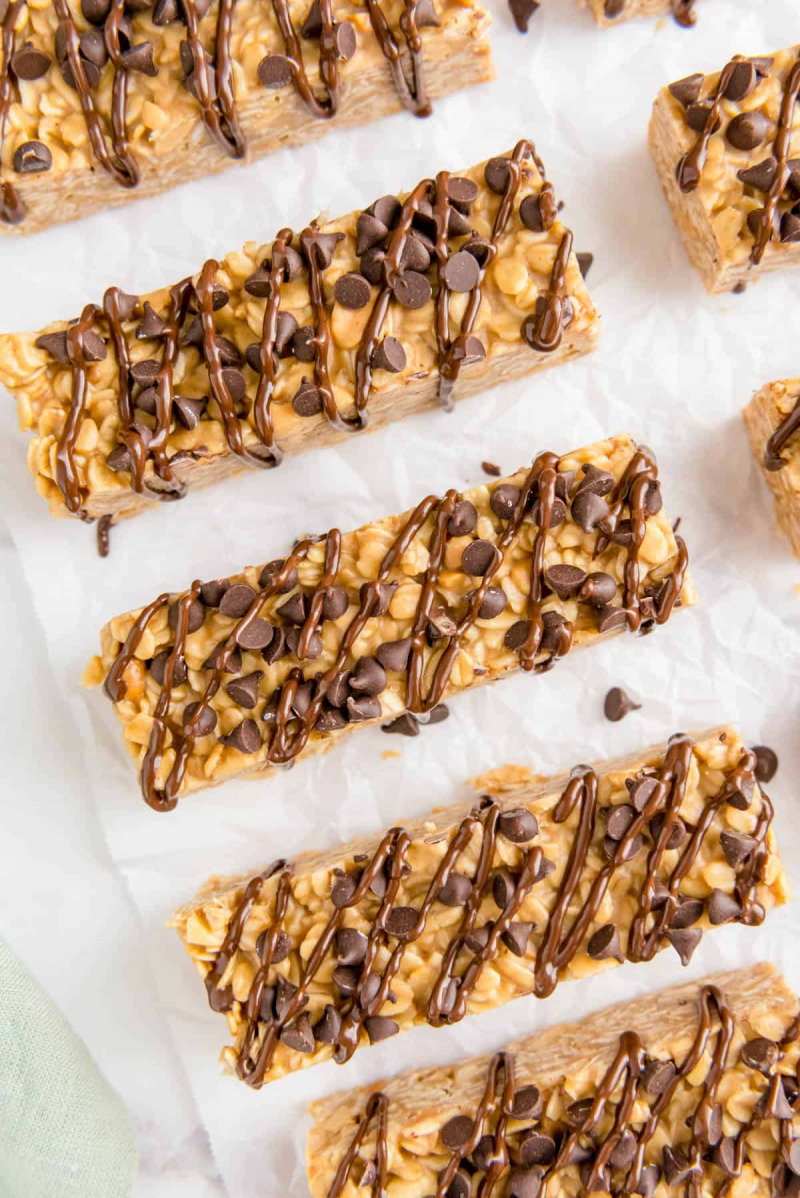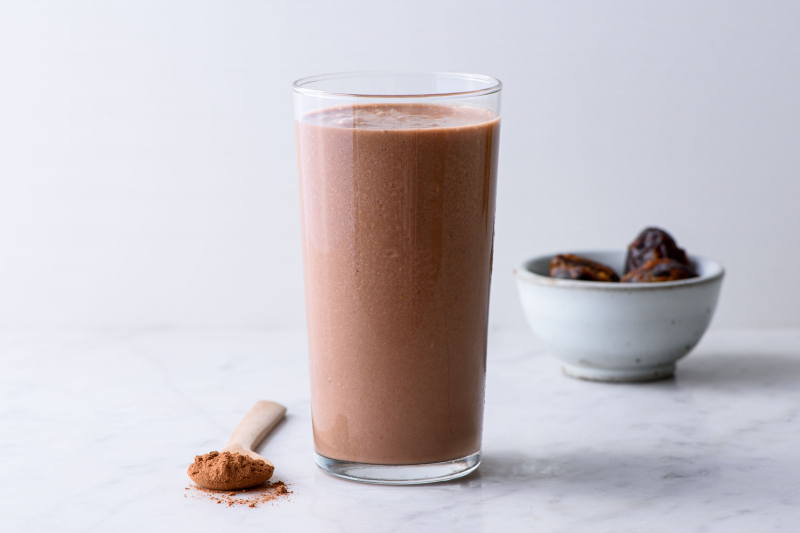Protein shakes and bars
You could expect to receive exactly what you pay for when it comes to protein supplements. However, muscle-building protein drinks typically contain carbohydrates. This can be due to the sugar content used to make the drinks taste good, but even low-sugar versions aren't exempt. But this isn't a negative thing, because many people drink these products to refuel after an exercise, and carbohydrates are an excellent source of energy for athletes. It's something to keep in mind if you're keeping track of your macros.
Protein bars are another popular snack food designed to be a convenient source of nutrition. Protein bar nutritional values might vary significantly between brands – and even between tastes. This is because their ingredients vary. Dates and dried fruit, nuts and seeds, and nutritious grains like oats or quinoa may all be used to make protein bars. 5–10 grams of fat, 25–35 grams of carbohydrates, and 5–10 grams of fiber make up the common protein bar. Many protein bars are high in micronutrients including calcium, B vitamins, potassium, and iron, in addition to protein and carbohydrates.












